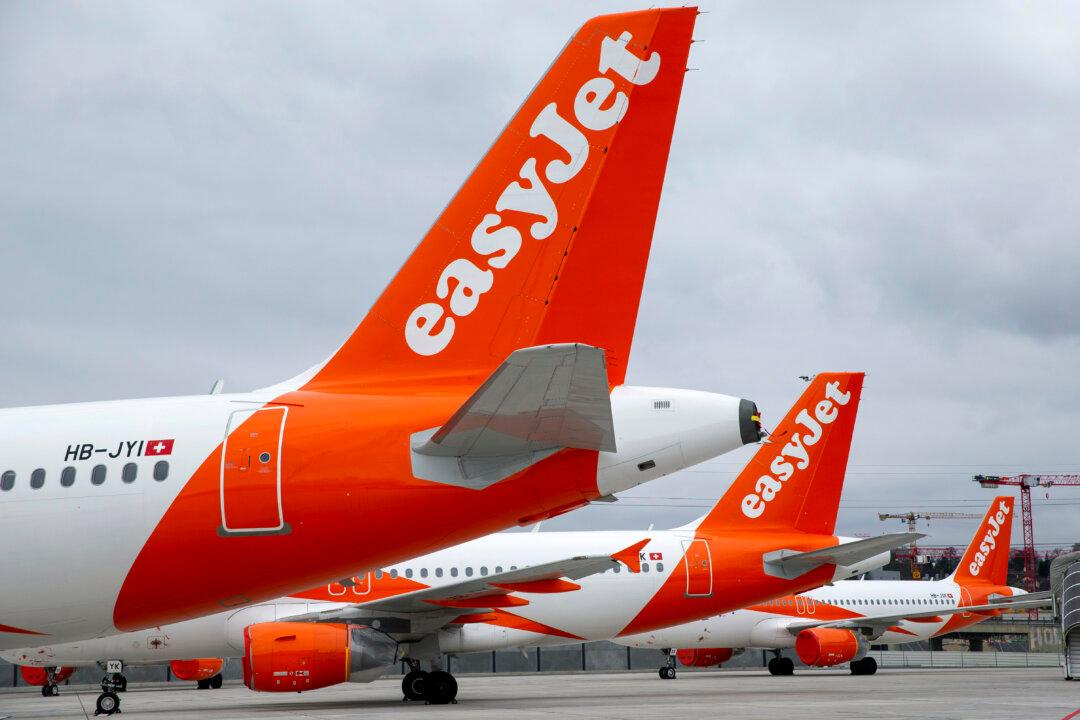British airliner easyJet has said it plans to remove seats in some of its planes this summer so that it can fly with fewer crew members amid staff shortages.
In a statement to Business Traveller, the airline said the move was an “effective way of operating our fleet while building additional resilience and flexibility into our operation this summer where we expect to be back to near 2019 levels of flying.” Prior to the pandemic, easyJet flew nearly 300,000 passengers daily during peak season.




